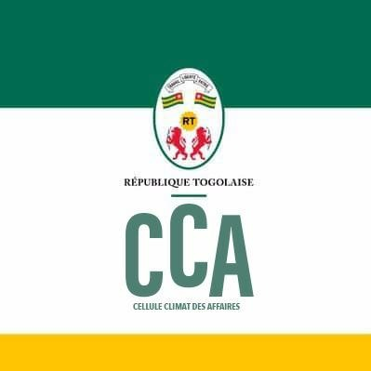Cereal: Maize and wheat prices reach record levels worldwide

(Togo First) - Over the past month, global food commodity prices reached their highest level ever and the pace has been maintained in the past weeks.
“The FAO Food Price Index averaged 159.3 points in March, up 12.6 percent from February when it had already reached its highest level since its inception in 1990,” the FAO warned. The Rome-based UN body said the surge was mostly driven by prices of commodities like vegetable oil, cereals, meat, sugar, and dairy products.

The Russia-Ukraine war’s impact on maize and wheat prices
Between February and March, world prices of wheat and corn both soared by nearly 20%, reaching a new record high, the same as sorghum and barley, according to the latest data.
The FAO Cereal Price Index leaped by 17.1% from February to March, notably due to significant increases in wheat prices. A situation that is directly linked to the Russia-Ukraine conflict, as the two countries, together, accounted for about 30% of global wheat exports, and 20% of global maize exports in the past three years, according to FAO estimates. The war also affected sowing in Ukraine and pushed Russia to reduce its wheat exports significantly; this could worsen supply pressures throughout the rest of this year.

Togo, while almost self-sufficient regarding maize - the country’s most consumed cereal, can’t say the same for rice, which it mainly imports from Asia, or wheat, which it gets mostly from Russia.
Indeed, Russia was, over the past three years, Togo’s largest wheat supplier, providing the West African country with 61% of its wheat imports. In 2020, Togo bought nearly $12 million of wheat and meslin from Russia.
Besides getting less wheat from Russia, Togo has been facing, since the end of 2021, inflation marked by a rise in prices of petroleum products and other imported goods.
Togo launches agricultural campaign
In this context, the government announced a battery of measures aimed at helping the Togolese people be more resilient to inflation. Already, the authorities are undertaking controls to prevent speculation on the importation of goods such as wheat.
In Togo, the month of March is the planting season, with the short rainy season beginning. For the just-started agricultural season, the government said it will keep subsidizing fertilizers, to make things easier for farmers.
Ayi Renaud Dossavi


















